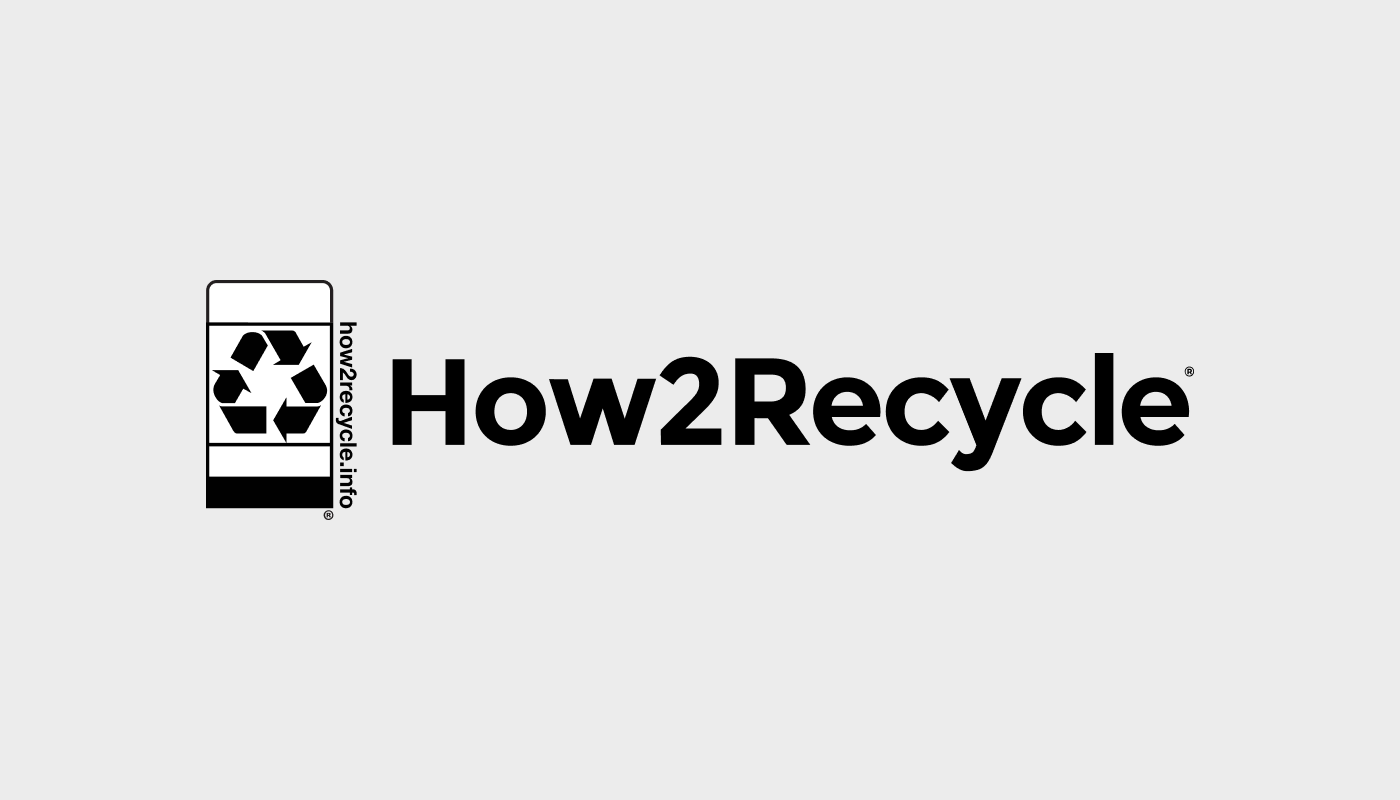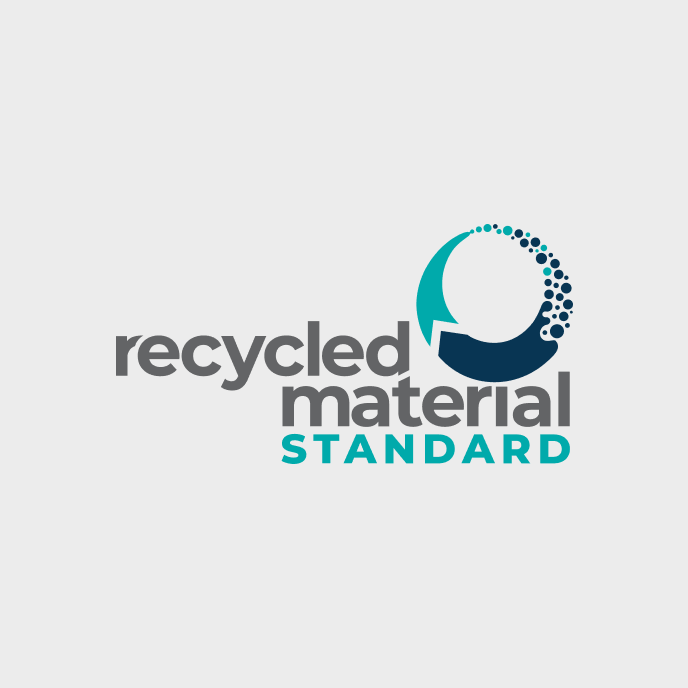
Flexible film packages are ubiquitous in consumer’s lives today. From buying food at the grocery store to ordering furniture online, there is a good chance at least some part of the package is a plastic bag, pouch, or wrap. Despite its prevalence, recycling this material remains challenged. For the majority of the US population, curbside bins are a familiar system to putting recyclable items to be collected. However, when it comes to flexible films, most of us cannot (and should not!) put this material type into our curbside bins. Instead, there are options like Store Drop-off and specialty collection programs that were developed to successfully recover flexible films.
Highlighted during the SPC Advance 2023 session, “The Role of Specialty Recycling Programs as a solution to Hard-to-Recycle Packaging”, were speciality collection programs designed to capture and properly recycle flexible films. While these collection programs are not widespread yet, some communities may have access to centers that accept hard to recycle materials for a fee. To find a location near you, research your local municipality services for information on your specific recycling options.
Other individual localities or businesses may collect challenging materials through partnerships with organizations like TerraCycle. Consumers around urban areas may have access to pick-up subscription services to collect items that cannot go into the curbside bin, such as a program like Ridwell whose top collection categories are polyethylene (PE) plastic films and multilayer plastic (flexibles made of a variety of materials that may or may not include PE). If you have access to a speciality collection program, these are great for giving new use to multilayer films and keeping them out of landfills.
During SPC Advance, attendees heard from Dow and Waste Management (WM) in their session “Advancing residential recycling for hard-to-recycle plastic films through a bold new collaboration” where they highlighted their partnership to pilot a new project focused on collecting flexible films curbside. Over the next 3 to 4 years, up to 8% of households in the US will have access to this pilot. Dow and WM are hopeful for the success of this program as it utilizes an already familiar system, the convenient curbside collection process, meeting consumers where they are and avoiding asking consumers to take additional steps to recycle flexible films. This pilot aims to address the problems that currently prevent flexible films from being collected curbside.
Today, flexibles remain a contaminant in Material Recovery Facilities (MRFs). The equipment at MRFs are designed to sort rigid materials and can become jammed by flexibles, creating slow downs and potentially lowering yields of rigid recyclable material. Additional equipment to specifically capture flexibles has been trialed in various MRFs but has not been widely adopted due to inefficiencies and lack of connection from MRFs to end markets.
Speciality recycling programs help close the gap to end markets by bringing flexible materials to reclaimers to create new items, such as construction materials like composite boards. While the system is not perfected yet, the progress of these programs to keep more materials out of landfills is a worthy endeavor. Currently, the biggest barriers with specialty collection programs are their size and accessibility; they are not available at scale and some even have a subscription cost associated with them. But there is good news–one type of flexible film, polyethylene (PE) film, has a free and readily accessible pathway to recycling for most Americans; the Store Drop-off program.
As we learn about new methods of collecting PE film, and until pilots graduate to widespread systems, it is important to keep supporting the Store Drop-off stream to ensure these materials remain out of landfills. Store Drop-off programs exist where retailers voluntarily set up collection bins in individual stores and this is available to the majority of Americans. Continue to put clean, dry PE films in Store Drop-off bins and look for the How2Recycle label if you’re unsure where your flexible film should go.
For more information on how to recycle flexible films and other materials check out How2Recycle.







